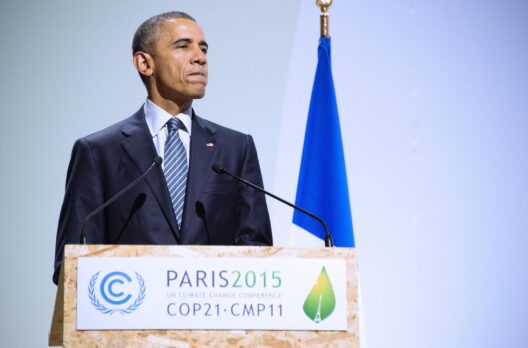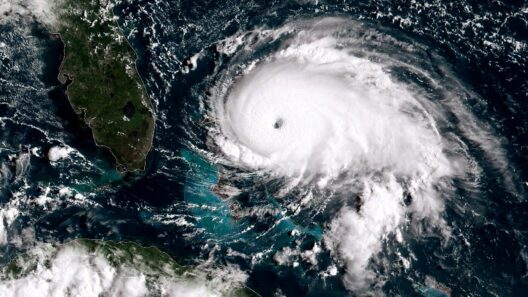Daylight Saving Time (DST) has been a long-debated practice, ostensibly implemented to make better use of natural daylight during the longer days of summer. Originating during World War I as a measure to conserve energy, DST has gradually found its way into modern society. However, its implications are often discussed not just in terms of timekeeping but also in relation to environmental issues, particularly climate change. In recent times, public figures, including Congresswoman Alexandria Ocasio-Cortez (AOC), have voiced their opinions on this topic, questioning the efficacy of DST in the context of global warming.
The essence of Daylight Saving Time is to shift the clock forward in the spring and back in the fall. The idea is to extend evening daylight, thereby reducing the need for artificial lighting. Advocates argue that by altering the time, individuals can consume fewer electricity resources while enjoying a longer daylight period for activities. This, they claim, ultimately contributes to lower carbon emissions. However, a thorough examination reveals a more complex picture.
Several studies indicate that the energy savings attributed to DST are marginal at best. While proponents maintain that reducing evening electricity usage offsets daytime consumption, evidence shows that the shift can actually lead to increased energy demands. For instance, longer daylight hours may encourage people to engage in activities that require more energy consumption, such as increased driving. Additionally, warmer evenings may lead to higher reliance on air conditioning, particularly in urban environments where the urban heat island effect exacerbates temperature increases. This paradox poses questions about the overall environmental benefits of the practice.
Ocasio-Cortez, a prominent advocate for climate justice and sustainable practices, has expressed skepticism regarding the benefits of DST concerning environmental conservation. Her statements often highlight a crucial point: in the age of climate change, incremental adjustments like DST may be overshadowed by more pressing strategies that demand profound systemic changes. AOC emphasizes prioritizing comprehensive climate policies over outdated practices that yield minimal benefits.
The persistence of Daylight Saving Time despite its questionable merits raises an important question: why does society cling to it? Tradition often plays a key role. Many individuals, including farmers and business owners, claim to receive a tangible benefit from the extra evening daylight. Additionally, the transition has developed a cultural significance, marking the start of summer activities and festivals. Yet, the nostalgia surrounding DST does little to align the practice with the urgent necessity for reducing greenhouse gas emissions.
The scientific community, too, has weighed in on the conversation regarding DST and climate change. Researchers have found that the net effect of DST on energy consumption is minimal, and in some cases, may even contribute to increased carbon footprints. Thus, the ecological implications of this twice-yearly clock adjustment warrant serious reevaluation. Understanding the mechanics of daily energy use is essential for crafting effective environmental policies.
Transitioning away from Daylight Saving Time may seem daunting given its historical entrenchment in societal norms, but various regions have already taken decisive action. States like Arizona and Hawaii do not observe the time change, emphasizing the potential to streamline timekeeping while also addressing climate concerns. By eliminating DST, these regions have opted for a more straightforward approach, reducing confusion and fostering a more consistent ecological footprint.
The discourse surrounding Daylight Saving Time extends beyond mere timekeeping; it prompts broader reflections on lifestyle choices and societal responsibilities toward the environment. Advocates for climate action urge the public to examine outdated customs critically, especially when they contradict global commitments to sustainability and emission reductions. Potential alternatives to DST—such as adopting a standard time year-round—could facilitate a more coherent approach to energy consumption and environmental stewardship.
Furthermore, finding solutions for climate change requires innovative thinking and a willingness to challenge conventional wisdom. Shifting paradigms around DST embodies a larger narrative about climate action: reimagining how society engages with natural resources. In this context, figures like Ocasio-Cortez serve as vital catalysts, pushing for a reassessment of widely accepted practices that may inhibit real progress in combatting global warming.
As the effects of climate change become increasingly evident, it is crucial to scrutinize all elements of societal infrastructure that may contribute to environmental degradation, including Daylight Saving Time. The push for an evidence-based approach to addressing energy consumption is paramount. Greater awareness and discourse around the complexities of DST, as highlighted by influential voices, can spark broader initiatives geared towards an ecologically responsible future.
While it may be tempting to dismiss Daylight Saving Time as a trivial matter, its prevalence in discussions about climate change underscores a critical need for re-evaluation. A fresh perspective could reveal avenues for significant advancements in sustainability, revealing that even the smallest of practices can have far-reaching implications. The future demands a recognition of our shared responsibility to protect our planet, making discussions around timekeeping relevant in the broader tapestry of climate action.







